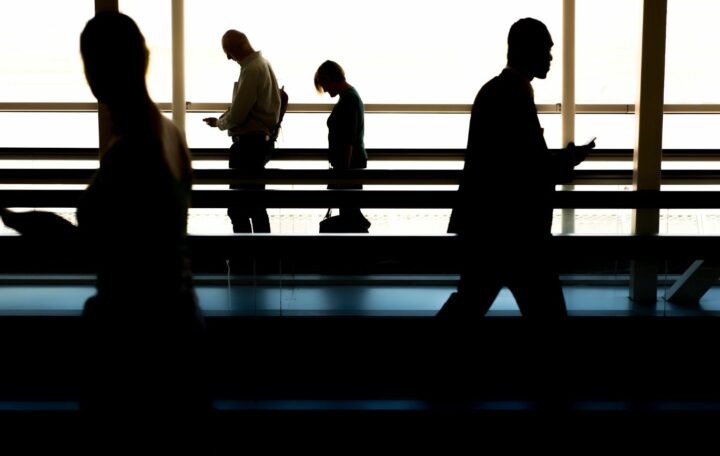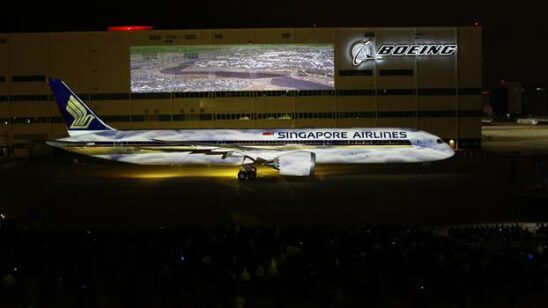
The effect of crises on tourist arrivals
[vc_row][vc_column][vc_column_text]Natural disasters, political instability, global terrorism and pandemics affect tourism negatively. The impact may vary from country to country due to various reasons. Unlike the times when travel was for the adventurous who embarked on long arduous journeys to the unknown, today’s travelers travel in search of peace and relaxation.
They make informed decisions on where and when they would travel, based on information available to them. A look at the tourist arrivals to the Maldives during the last fifteen years show that the Maldives is not immune to local and international events that influence perceptions and decisions of those planning to travel to the country.[/vc_column_text][/vc_column][/vc_row][vc_row][vc_column width=”1/2″][vc_single_image image=”18129″ img_size=”full” onclick=”link_image”][/vc_column][vc_column width=”1/2″][vc_column_text]The country has had steady growth in arrivals during the last fifteen years. In fact, the number of arrivals has almost tripled over the period from 2000 to 2017.
During the fifteen-year period, growth rates have been in the negative only in four years; -1% in 2001, as a result of[/vc_column_text][/vc_column][/vc_row][vc_row][vc_column][vc_column_text]the September 11th attack in New York, which affected air travel across the world, -35% in 2005 after the tsunami of December 2004 and -4% in 2009 during the global recession which was exacerbated by the H1N1 pandemic.
During the period, there have also been years of extremely high annual growth and years in which growth was as low as 1% to 3%. 2012 was one such year, in which the annual increase was just 3%, in stark contrast to the 21% and 18% growth in the previous two years. If we look back at 2012 one may be inclined to associate this with the political instability of the year, with news of demonstrations and political unrest splashed across TV screens around the world.
One main factor that influences travel plans when it comes to ‘crises’ situations in travel destinations is the type and extent of news coverage of the event in their home countries. Very often the news just covers the state of affairs in broad terms illustrated by footage and photographs of incidents and events related to the state of affairs in the destination.[/vc_column_text][/vc_column][/vc_row][vc_row][vc_column width=”1/2″][vc_column_text]Hence people making holiday plans are forced to make a decision on the severity of the crisis based on whatever little knowledge they have of the destination and based on the terminology used in the context of the crisis in question.
When it comes to the subject of knowledge about the destination we are at[/vc_column_text][/vc_column][vc_column width=”1/2″][vc_single_image image=”18130″ img_size=”full” onclick=”link_image”][/vc_column][/vc_row][vc_row][vc_column][vc_column_text]a huge disadvantage when compared to a country such as the United Kingdom, with which people are able to identify and differentiate between localities and cities where an event has occurred or where there is potential trouble.
Furthermore, when it comes to developed countries they have faith in the security apparatus of the country in their ability to control a situation. It boils down to the perception of security and safety.
Despite the series of terrorist attacks in London and Manchester in 2017, tourism in London showed positive signs even in the immediate aftermath of the events. The revenue per available room (RevPAR) rose faster in the UK than in the U.S. and the rest of Europe (8.7 percent in May).
Even though the event occurred in March-May and June, for the period July and August, advance bookings for London were up 12 percent compared to the same period of 2016, although it was down from 16 percent compared to the period just prior to the London Bridge attack.
Most visitors to destinations in Asia and the Pacific not only lack general information about the destination, the majority of them would be first-time visitors. Hence, they do not possess first-hand knowledge of the country’s geography or the proximity of their resort or hotel to areas where events are taking place.
News reports often cite a country’s name rather than locality when they report crises. For a country like the Maldives it is the Maldives that people know, not the names of atolls or islands, therefore naming localities in the news could be seen as meaningless except for the small number of people who may be planning a visit to the country.
The lack of adequate coverage about the crises on the media and the lack of adequate knowledge about the destination would keep travellers speculating on the severity of the situation. In such circumstances, those planning travel would only have to go by the terms they hear, such as “state of emergency”, “curfew”, “widespread demonstrations”, which they have to interpret based on what they have seen elsewhere in the world. They would associate such terms with volatility and uncertainty and would think of possible worst case and ‘what if’ scenarios.
To help them make their decision they then turn to what they can trust; their governments. Governments issue country-specific travel advisories and warnings in order to ensure the safety of their citizens travelling to affected destinations.
In some cases, advisories may not be sufficiently differentiated or may be inaccurate, due to lack of information on the specific situation in various parts of a country. Citizens, in general, heed the warnings issued by their governments when it is about countries with which they are unfamiliar.
Holidaymakers seem not to be bothered by the political system in place in their destination in determining their travel destinations. What they are concerned about is instability and unrest, where basic functional prerequisites for social-order are disrupted or seem to be disrupted. Egypt thrived as one of the most popular tourist destinations during the time of Hosni Mubarak.
However, when tourists’ security and safety was threatened the impact on tourism was extremely high. Tourist arrivals which stood at 14 million in 2010 fell to 10.2 million in 2011 as a result of the Arab Spring and the unrest that followed. After a brief period of growth, the overthrow of President Mohamed Morsi once again led to a decline in arrivals from 11.5 million in 2012 to 9.5 million in 2013.
Tourist arrivals are equally affected by actual and perceived threat to safety and security. The perception of stability, safety and security is of special consequence to tourism because after all, what is being sold is serenity, leisure, fun and comfort. Tourist arrivals are a barometer of the perceived safety of the destination. Therefore, information is key to mitigating the impact of crises on performance.[/vc_column_text][/vc_column][/vc_row]







Pingback: The effect of crises on tourist arrivals | Hotels